When you exercise, you burn a lot of calories and if you don't get them through food, the body starts burning fat. Along with them, however, the body begins to burn muscles, and therefore you need to eat properly to lose only fat.
People who workout eat smaller portions 4 to 6 times a day. This way, our body gets the necessary nutrients, but without overeating. If you want to gain muscle mass, the number of meals is larger and the portions are smaller. This way, you will get carbohydrates, proteins and fats, but you will not overeat and accumulate fat, because the body will digest the food.
It is important for people who workout to monitor their daily calorie intake. It depends on your gender, age, height, weight and physical activity.
The role of protein in workout nutrition
In order to be healthy when you workout, in addition to proteins, carbohydrates and fats, you also need to get vitamins and minerals.
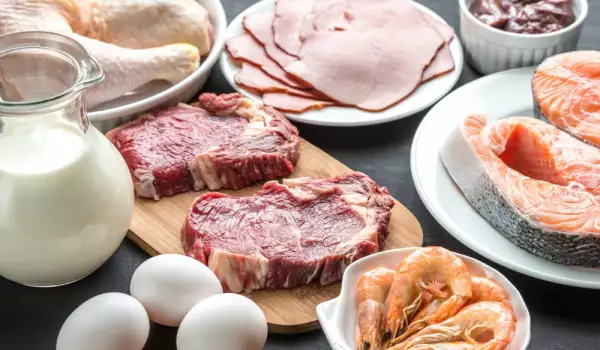
Through proteins, our body receives two types of amino acids. They are replaceable and irreplaceable. These amino acids our body uses to build its own proteins from which our muscles and other tissues are built.
In addition to building muscle, we also need protein as a source of energy. Depending on our desire for an achieved result, the amount of protein to be taken when working out and following a diet is also determined.
If you want to gain muscle mass, then you need to take in more protein, compared to a situation where you just want to keep your weight off.
However, if you want to lose weight, then the amount of proteins increases many times over, while fats and carbohydrates decrease. This is the so-called protein diet, which we cleanse the body from fat with.
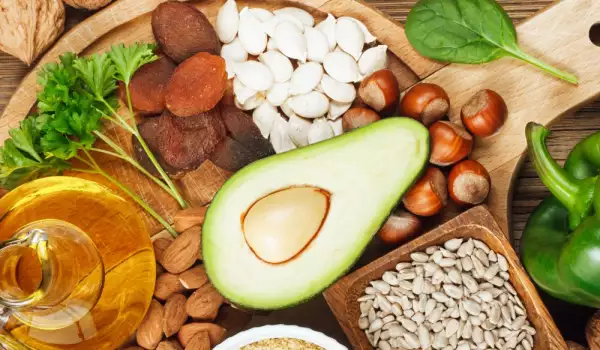
Foods rich in protein are meat (chicken, pork and beef), milk, eggs, white cheese, cottage cheese, yellow cheese and fish.
When you workout, it is important to include carbohydrates in your menu, because they are the body's source of energy. The amount of carbohydrates is different depending on what you want to achieve as a result of the workout combined with the diet. The amount of carbohydrates also depends on your weight, age and goals.
Role of carbohydrates in workout nutrition
Carbohydrates are of two main groups: fast-digestible and slow-digestible. Fast-digesting carbohydrates are found in potatoes, white bread, sugar, honey, sweet fruit, such as bananas and melons. Slow-digesting carbohydrates are found in whole-wheat spaghetti and pasta, oats and others.
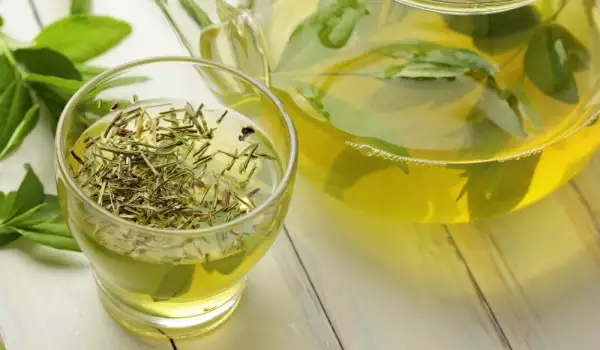
When you workout, it is good to have more slow-digesting carbohydrates in your menu, because then you will have a constant source of energy. Include fast-digesting carbohydrates in breakfast to get energy after the night. Divide the slow-digesting carbohydrates into subsequent meals, so that you have energy and workout calmly and fully.
The role of fats in the diet for athletes
When we workout, often the reason we start is because we want to reduce our body fat. But not all the fats we take in through food are harmful. There are also healthy fats that are recommended to be taken in small amounts. Healthy fats are found in nuts (cashews, almonds, peanuts, walnuts, etc.), avocados, olive oil and others.
Vitamins for for athletes
Vitamins are a very important part of the diet of any person who works out. They have an important role not only to keep us healthy, but also help us achieve the desired result from working out. B vitamins are involved in the conversion of fats, proteins and carbohydrates into energy. To get B vitamins, your diet should include bananas, nuts, chicken, eggs, tuna and more.
Other important vitamins when we workout are vitamin C and vitamin E. Vitamin E is found in nuts, some types of fish and seeds. Vitamin C is an antioxidant and supports the activity of our immune system. We can get vitamin C through fruit and vegetables, especially citrus fruit.
Important antioxidants and minerals for athletes
When you workout, it is good to consume other foods that play the role of antioxidants in the body. In addition to fresh fruit and vegetables, it is good to drink green tea as well. Try to eat vegetables and fruit mostly raw, because any heat treatment reduces the amount of vitamins in them.
Sources of minerals must be present in the diet. These are zinc (spinach, mushrooms, yogurt, liver and others), iron (nettles, meat, grapefruit, oranges, cabbage, turnips and others), magnesium (oats, muesli, beans, lentils, whole grains and others), calcium (milk and dairy products, nettles, spinach and others), chromium (tomatoes, lettuce, cereals and others).
Last but not least, every person who works out needs to drink enough water to feel good and be healthy and energetic.
Along with proper nutrition for athletes, you can also prepare:
- protein bars;
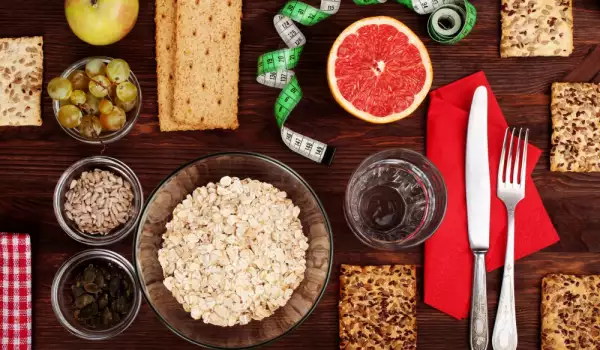

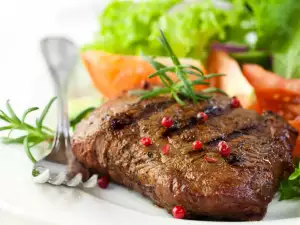
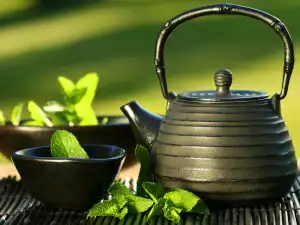

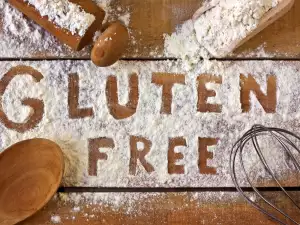
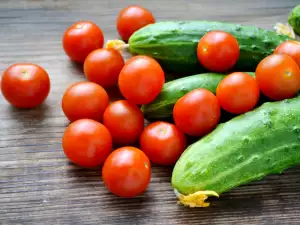
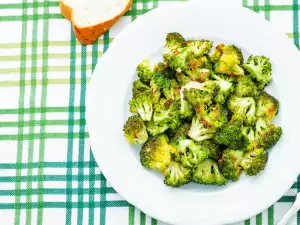
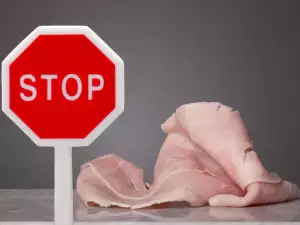
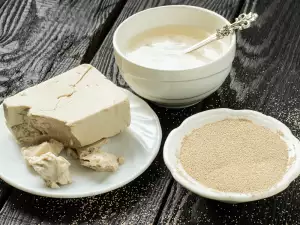
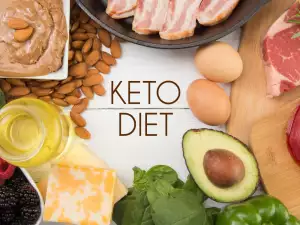

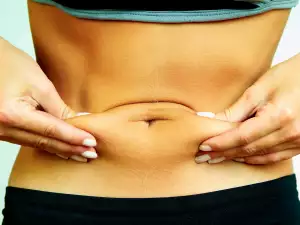


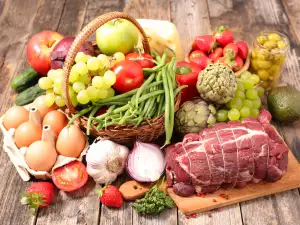




Comments